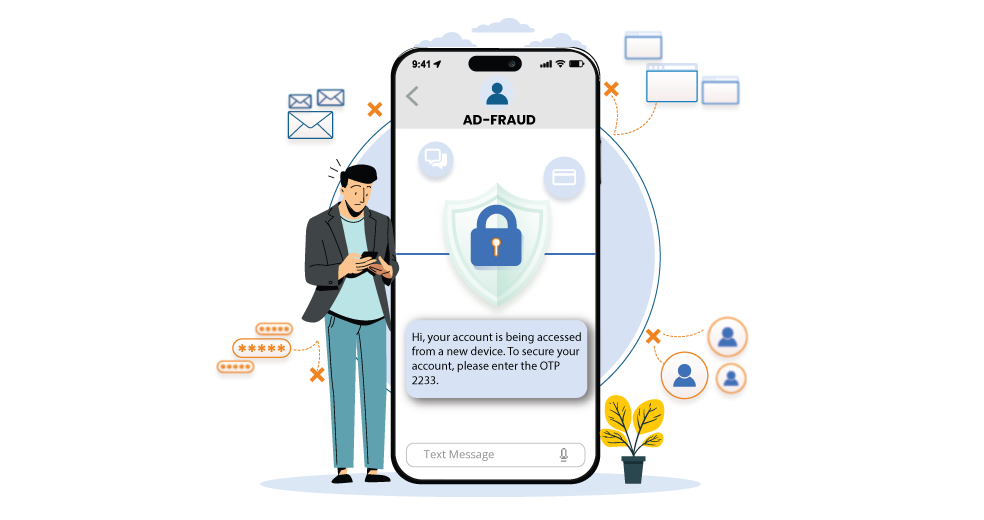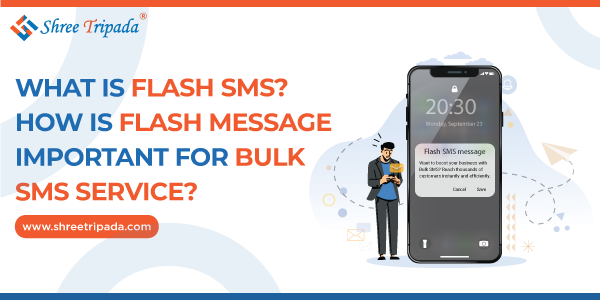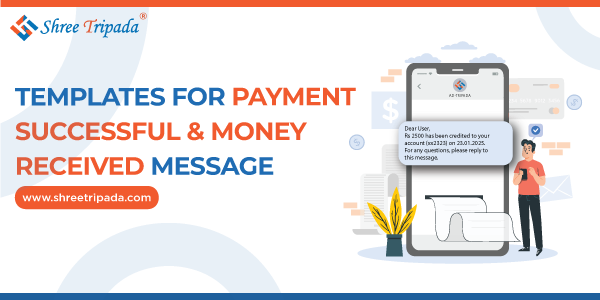30+ Top Restaurant Promotion Message Templates (With Examples)
A successful restaurant is all about being noticed, attracting customers, and keeping them coming back...
Learn more



Spam text messages are a common problem for many mobile phone users. These unwanted messages can be distracting, misleading, and sometimes even dangerous. They often trick people into sharing personal information or becoming a victim of fraud. In this blog, we will share 10 common examples of spam text messages to help you spot them easily. We will also give you simple tips to stay safe and avoid falling for scams. By the end, you will know how to recognize spam messages and protect yourself from them.
Spam text messages are unwanted messages sent to your phone by unknown senders, often to promote fraud or advertising. These messages might offer fake promotions, prizes, or alerts. Many are scams trying to trick you into sharing personal details. Spam messages can be annoying and, in some cases, dangerous, as they can lead to identity theft, fraud, or even malware if you click on any links. While they may seem real, they often include suspicious links or phone numbers that can direct you to harmful websites or ask for your private information.
There are several types of spam text messages to be aware of. Phishing messages are the most dangerous, pretending to be from banks or companies to steal your personal details. Prize scams will tell you you've won something but require you to pay fees or give information to claim the prize. Subscription scams offer "free trials" that lead to recurring charges if you unknowingly sign up. Fake alerts will warn you that your account is at risk or locked, pushing you to click on a link. Understanding these common scams helps you avoid them and keep your information safe.
“Spam text messages are a big problem in India, affecting many people. A study showed that 76% of Indians get more than three unwanted SMS messages every day, with most of them coming from real estate and financial service companies. Also, 82% of Indians have become the victim of fake message scams, with common scams including fake job offers and fake bank alerts. TRAI (Telecom Regulatory Authority of India) has taken steps to tackle this issue by implementing measures to reduce spam and protect users.”

Spam text messages are a common issue, but they can vary in form and purpose. Here are 10 examples of spam messages that many people get, along with tips on how to recognize them and stay safe.
It’s very important to be careful about spam text messages to protect your personal information and avoid scams. The first step to recognize a spam message is to watch out for unknown numbers or messages that sound too good to be true. Real companies usually send messages from their official numbers or company names. If you get a message saying you’ve won something or offering a great deal that seems unrealistic, it’s likely a scam. Be careful of messages that create a sense of urgency, have poor grammar, or include suspicious links – these are common signs of spam. If the message asks you to act quickly or provide personal details, it’s a warning sign.
To stay safe, never click on links or respond to suspicious messages. Always check the information through official channels like the company’s website or customer service. If a message claims to be from your bank, service provider, or the government, don’t reply or click any links. Instead, contact them directly using their trusted phone number or website. You can also use anti-spam apps or block unknown numbers on your phone to help protect yourself. By staying alert and careful, you can avoid scams and keep your personal details safe.
spam text messages are a big problem, but with the right knowledge and caution, you can protect yourself from falling into scams. If you notice signs like unknown numbers, fake offers, or suspicious links, make sure you stay safe and protect your personal information. Always check messages through official sources, and avoid replying to untrustworthy texts.
On the other hand, bulk SMS services are important for legitimate communication. Schools, businesses, and other organizations rely on bulk SMS to send important, accurate, and secure messages to their audience. Unlike spam messages, bulk SMS is sent with permission and contains useful, clear information. Bulk SMS helps build trust, keeps communication open, and ensures that messages reach the right people safely.

A successful restaurant is all about being noticed, attracting customers, and keeping them coming back...
Learn more
In this blog, you’ll find the best WhatsApp introduction messages that will help you start conversations easily and with confidence...
Learn more
Flash SMS is a special service from some message providers. It is used to send important messages quickly...
Learn more
Here are some simple and clear messages you can use to confirm payments...
Learn more
You can send WhatsApp bulk messages at just 13 paisa; it's 100% true. This month (December 2025)...
Learn more
Instant messaging plays a beneficial role in business communication...
Learn moreImportant Links
Shree Tripada Infomedia India Private Limited
Corporate Head Office:
706 , 7th Floor , North Plaza, Nr 4D Square mall, Beside PVR, Opp Palladium
Nr.Visat Circle ,Motera, Sabarmati, Ahmedabad, Gujarat 380005